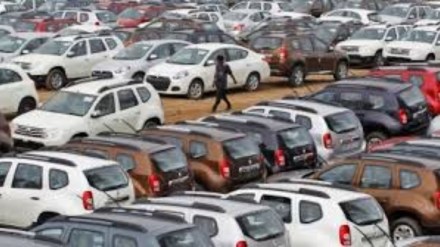Auto manufacturers are planning to urge the government to ease the proposed Corporate Average Fuel Efficiency (CAFE) 3 norms for 2027–2032. They want a single, fixed target instead of the yearly reduction plan suggested in the draft proposal.
The CAFE 3 norms require manufacturers to progressively reduce fuel consumption from 3.73 litres per 100 km in FY28 to 3.01 litres by FY32. Industry players say this staggered approach makes product planning difficult and raises costs. They argue that while the final target can technically be met, reaching it at one go would be steep and expensive.
“The 3.01-litre target is quite tough to meet, especially from the first year. A fixed, achievable target will help us plan better,” said an executive at a leading automaker.
Executives on ethanol blending
Another executive said that uncertainty around fuel blending policies adds to the challenge. Ethanol blending affects fuel efficiency, and without a clear government roadmap, companies are finding it hard to plan technology and investment decisions.
Suppliers, too, are worried. Many have long-term supply contracts that would need to be changed every year if the targets are revised annually. This could disrupt production and create additional costs. Manufacturers also fear dealers may hesitate to stock vehicles near the end of each fiscal year, as changing targets could render some models non-compliant, leaving unsold stock.
What did the government do in previous phases?
In the earlier two phases, the government had fixed targets over multiple years. The first phase, introduced in 2017–18, capped fuel consumption at 5.5 litres per 100 km. The second phase, which began in 2022–23, lowered it to 4.78 litres. Industry players say this approach gave them clear timelines for technology upgrades and product launches.
